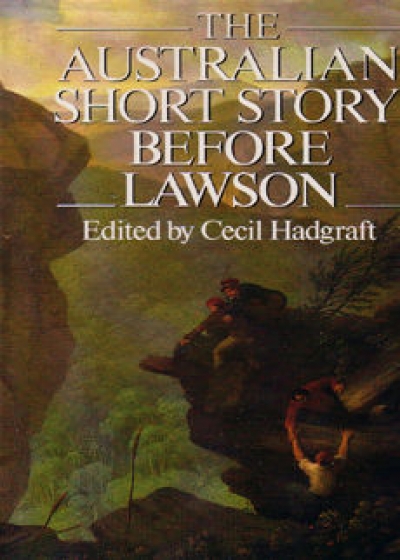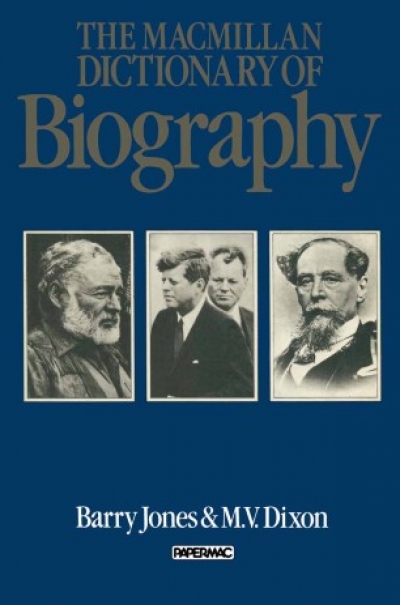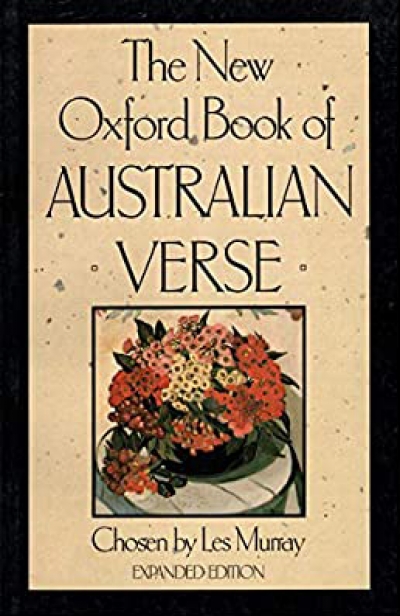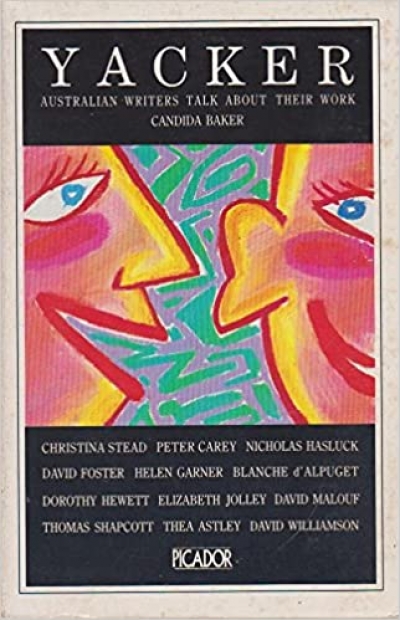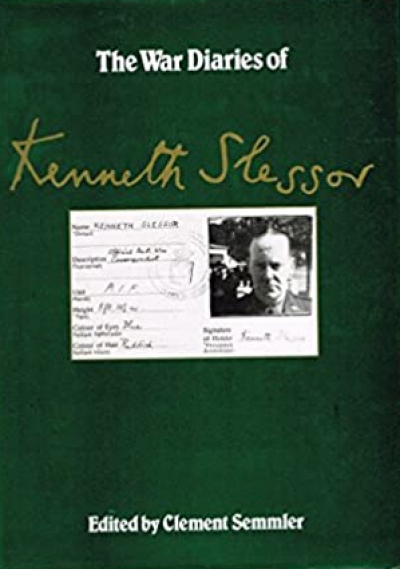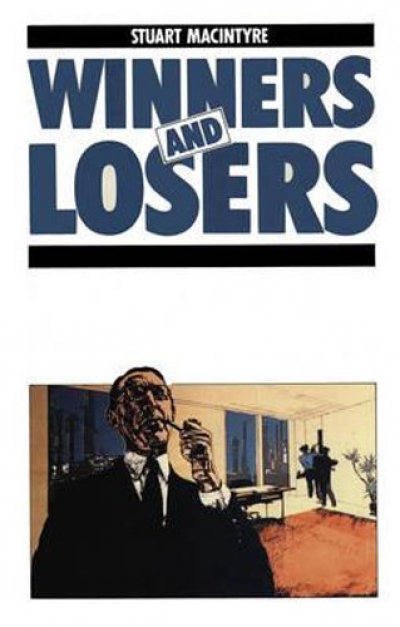Archive
The Ministers’ Minders: Personal advisers in national government by James Walter
The Australian Short Story Before Lawson edited by Cecil Hadgraft
Dear Editor,
I wonder whether you would be so good as to publish, in a forthcoming number of ABR, a short list of selected errata as they appear in Kenneth Gelder’s review of The Book of Sei and Other Stories in your June issue.
Mr Gelder’s opinions are his own affair, much as I might wish that he had not made a book of mine their vehicle. I was, however, disturbed to find that, purporting to quote the first lines of the story entitled ‘The Dolphin’, he in fact quoted the opening lines of quite another (‘Red and Black’).
... (read more)This book is about the role played by ministerial staff in Australian federal government. It is particularly concerned with the potential influence on policy making that this group may have through their capacity to advise ministers. It is, then, about the nature of the relations between personal advisers and their principals – a general issue that can be explored through history, and in countries other than Australia (see chapter 2). From the outset, however, it is important to differentiate between advice to ministers and advice to government, and the term ‘adviser’ does not sufficiently alert us to that differentiation. Indeed, the term ‘adviser’ is traditionally used to signify public servants, who are formally charged with the responsibility of advice to government. I have therefore elected to borrow the term ‘minder’, a term that is creeping into journalism and into the vernacular to refer to a member of a minister’s staff. We can thus distinguish at once between minders (personal advisers) and mandarins (public servants).
... (read more)The Macmillan Dictionary of Biography by Barry Jones and M.V. Dixon
This year’s annual conference of the Association for the Study of Australian Literature was held in mid-July at James Cook University in Townsville, to which some two hundred delegates flocked to soak up ideas, information, sunshine, and the odd ale. Everybody had a good time except possibly the indefatigable organisers, Tony Hassall, Robert Dixon, and Stephen Torre, who, if they were not too exhausted to enjoy themselves, ought to have been. In general, the relaxed and benign atmosphere one has come to know and love at ASAL conferences prevailed.
... (read more)

